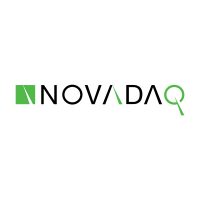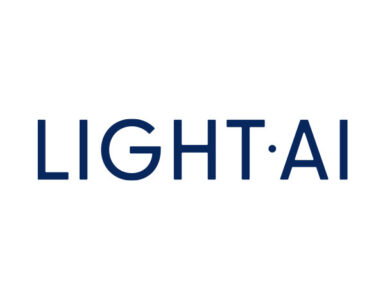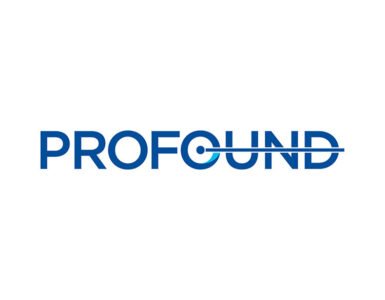
Wedbush Securities has initiated coverage of Novadaq Technologies (NASDAQ:NVDQ; TSX:NDQ) with an “outperform” rating and 12-month price target of $15. The stock closed at $11.29 on Wednesday.
Novadaq’s flagship SPY imaging technology is designed to reduce adverse events and overall costs associated with complex surgical procedures.
“We estimate that the company’s product suite can address an annual $1.5 billion market opportunity (1.9 million procedures) in the U.S. alone and, with the recent implementation of a new commercialization strategy that favors a direct sales infrastructure rather than partnerships, we believe Novadaq is well-positioned to grow revenue at a 5-year CAGR (2014-2019) of approximately 40% and generate its first profitable year in 2018,” writes analyst Tao Levy.
SPY has been used in over 100,000 cumulative procedures and extensively validated in peer-reviewed publications. In addition, a long-standing partnership with Intuitive Surgical (NASDAQ:ISRG), whereby all da Vinci Xi systems include a version of SPY, provides further confirmation of the technology’s utility, he added.
SPY employs proprietary, patent-protected imaging technology to intraoperatively visualize and assess the quality of blood flow in organs and tissue, and aid in the identification of sentinel lymph nodes, cancer cells, and nerves.
Novadaq controls a U.S. installed base of 600-plus direct SPY systems, and each unit generates annualized revenue of about $37,000, Mr. Levy said. “In the U.S., over the next two years, we expect the number of systems to almost double (capital equipment sales of $90-million) and revenue/system to increase by 18% (revenue of $80-million).”
Mr. Levy said an important driver behind the increase in revenue/system will likely be the adoption of DermACELL, an acellular dermal matrix (ADM) implant that NVDQ recently began to distribute exclusively.
Novadaq is initially targeting the $330-million annual breast reconstruction ADM market, given that SPY is already used in about 20% of U.S. breast reconstruction procedures, he added.






